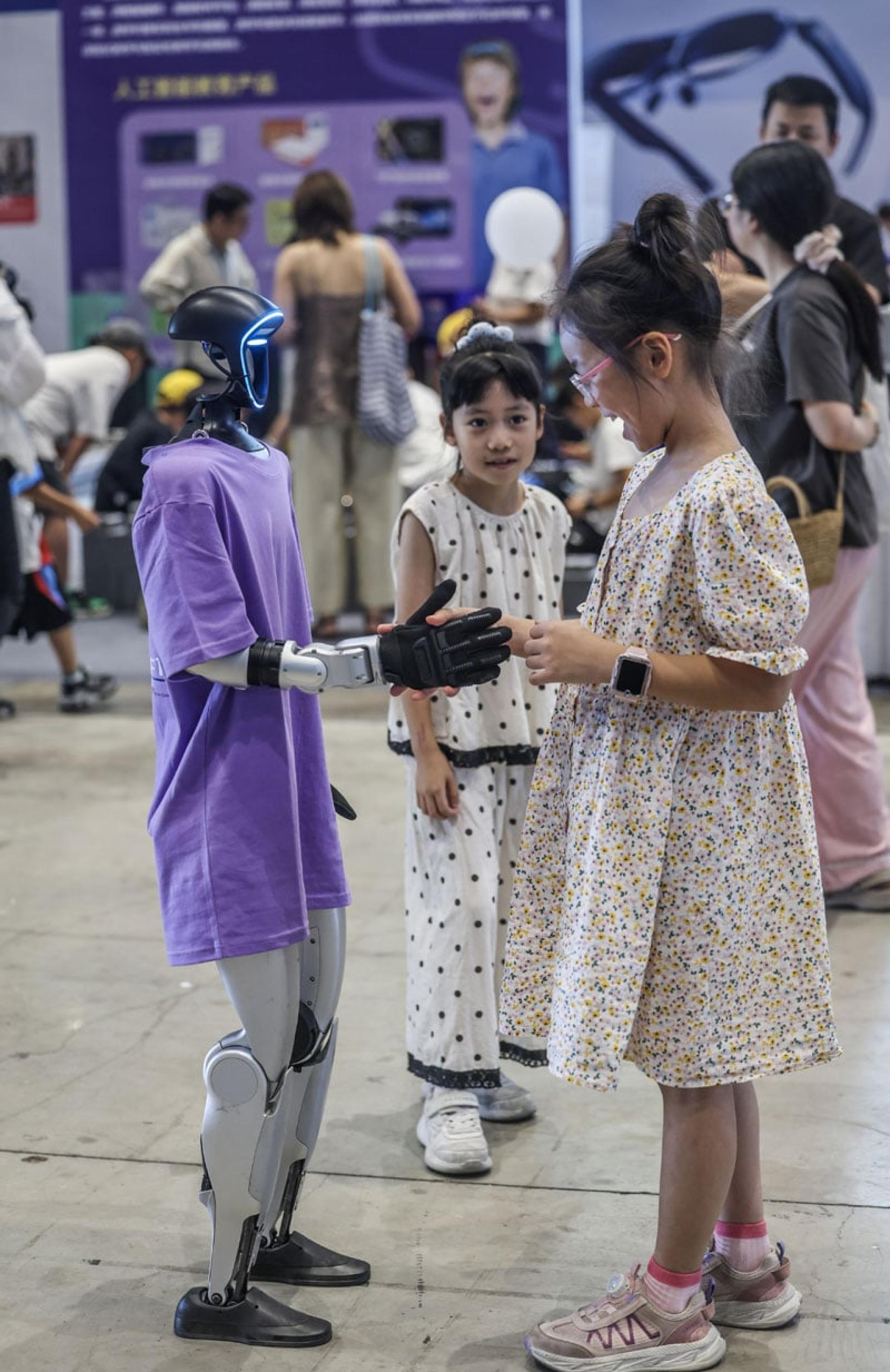Hangzhou, Zhejiang Province—the birthplace of China's "Six Little Dragons" tech firms—will fully roll out general artificial intelligence (AI) education courses across its primary and secondary schools.
According to The Paper, the Hangzhou Municipal Education Bureau held a press conference on AI education on the 22nd, announcing that from the new semester, general AI education courses will be comprehensively implemented across all stages of primary and secondary education, with no fewer than 10 class hours per academic year.
At the event, two documents were released: the Outline of Local Courses on Artificial Intelligence Education for Primary and Secondary Schools in Hangzhou (Trial) (referred to as the "Outline") and the Framework for Teacher AI Literacy in Hangzhou Primary and Secondary Schools (Trial). These serve as "roadmaps" for the comprehensive advancement of general AI education in schools and the cultivation of future talent in artificial intelligence.
For different learning stages, the authorities have provided suggestions regarding content, requirements, and teaching approaches. For the first stage of primary school (Grades 1 and 2), students are required, under teachers' guidance, to get to know common AI applications on campus, interact simply with AI devices, recognize that artificial intelligence exists in social life, and, during smart device usage, be mindful of norms, ethics, and protecting personal privacy.
In the second stage (Grades 3 and 4), students should, with guidance from teachers and according to task situations in study and life, utilize appropriate AI technologies to obtain resources such as text, images, and sounds, and to design and create simple works.
In the third stage (Grades 5 and 6), through analysis of AI application scenarios, students are expected to understand the basic structures of models like decision trees and neural networks, and grasp the basic principles behind reasoning and brute-force search algorithms.
During the junior high stage, students will gain hands-on experience in the entire process—from data preparation and model training to model inference—getting a feel for how AI is used to tackle real-world problems. They will also learn to use generative AI critically and stimulate innovative thinking through interdisciplinary project practice; at the high school stage, with project-driven hands-on practice, students will learn how to design AI systems and develop intelligent agents, enhancing their ability to apply AI in real-life and social settings.
